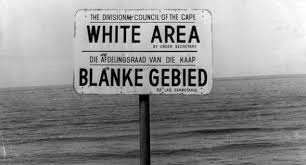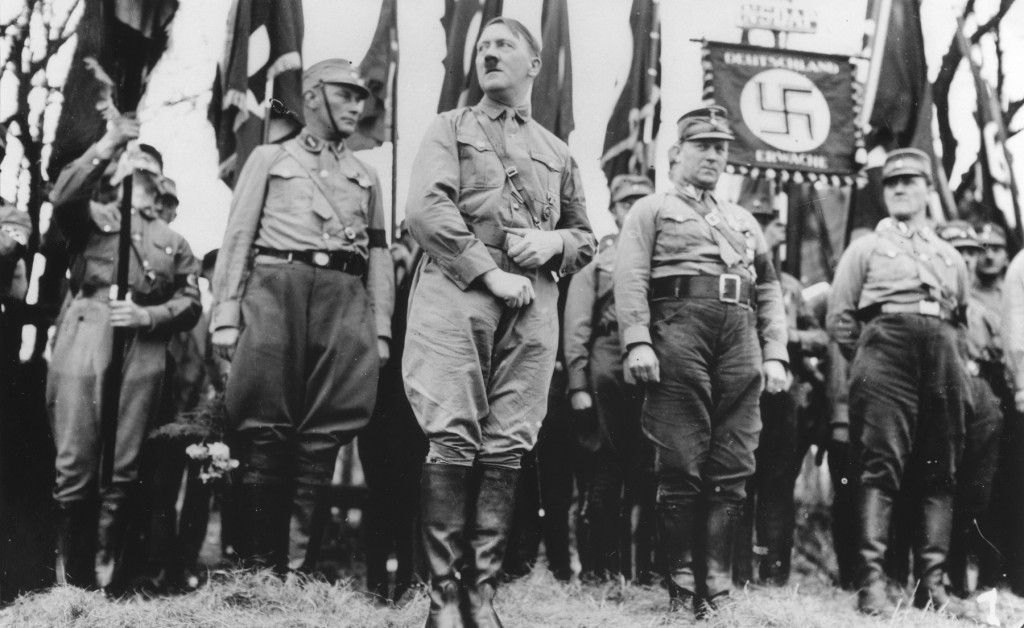10 Differences Between San and Khoikhoi: The San and Khoikhoi are two distinct groups indigenous to southern Africa, often collectively referred to as the...
On this page, we find out, which two European countries had the most colonies.
In the history of European colonialism, the two countries that had the most colonies were Britain and France. Here’s a brief overview:
- Britain: At its peak, the British Empire was the largest in history and, at one time, encompassed almost a quarter of the world’s landmass. It had colonies on every continent, including significant holdings in North America, Africa, Asia, and Oceania. Key examples include:
- India: Often referred to as the “jewel in the crown” of the British Empire.
- Canada, Australia, and New Zealand: Large land areas with significant resources.
- African colonies: Such as Egypt, Kenya, and South Africa.
- France: The French colonial empire was the second largest at its zenith, with territories in various regions across the globe. Its influence was particularly notable in Africa and Southeast Asia. Examples of French colonies include:
- Algeria: A major French colony in North Africa.
- Vietnam, Cambodia, and Laos: Part of French Indochina in Southeast Asia.
- West African colonies: Such as Senegal and Ivory Coast.
Both empires left significant cultural and political legacies in their former colonies, influencing local languages, administrations, and education systems.
Reasons for Europen Colonialism
The expansion of the British and French empires can be attributed to a variety of factors, each playing a crucial role in their establishment as the foremost colonial powers:
- Economic Interests: Both nations sought to expand their markets for domestic goods, acquire cheap labor, and gain access to abundant natural resources. Colonies often provided essential commodities such as spices, tea, coffee, and rubber, which were important for their economies.
- Military and Strategic Reasons: Control over certain territories could provide significant strategic advantages, such as increased military reach and security for trading routes. Key locations around the world served as naval bases or coaling stations, which were crucial for maintaining a global presence.
- National Prestige: The acquisition of colonies was often seen as a measure of a nation’s prestige and power on the international stage. During the era of New Imperialism in the late 19th century, having a vast empire was equated with greatness and power.
- Spread of Cultural Values and Religion: Both empires were motivated by a sense of cultural superiority and a mission to civilize other parts of the world. This included the spread of Christianity, language, and Western educational systems.
- Competition Among European Powers: The scramble for Africa and parts of Asia was partly fueled by intense rivalry between the major European powers. Colonization was often seen as a way to assert national superiority over rivals.
These factors combined in complex ways to drive the colonial ambitions of Britain and France, making them the leading colonial powers with the most extensive empires.






